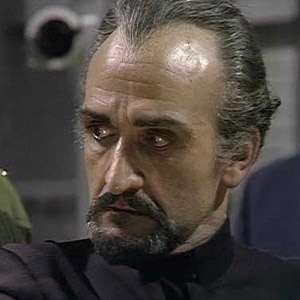
I have spent much of the last two years in the company of a long dead British actor.

I have spent much of the last two years in the company of a long dead British actor.
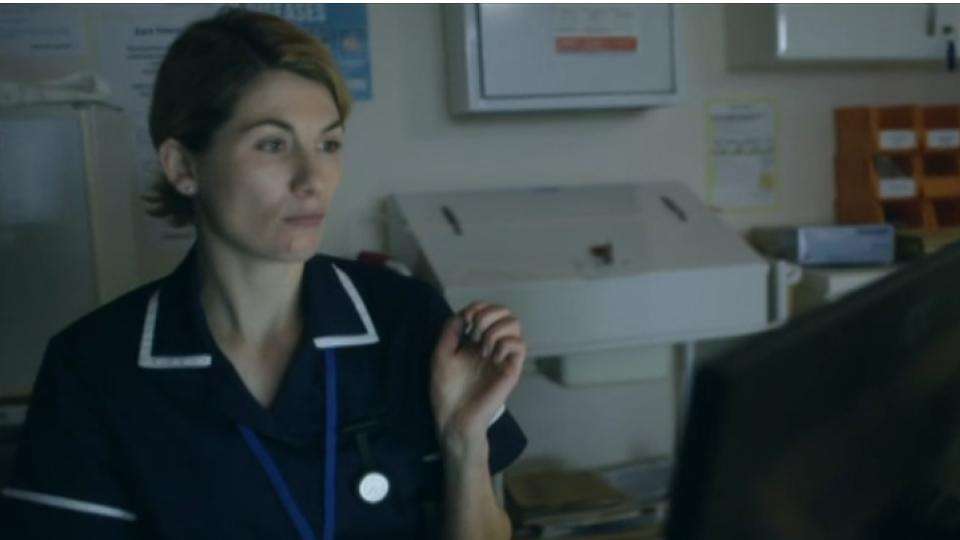
2017 was something of an eventful year for British actor Jodie Whittaker. When the BBC announced on the 16th of July that she would be the one to replace the incumbent Peter Capaldi as the star and titular character of Doctor Who , her public profile was elevated to heretofore unseen heights.
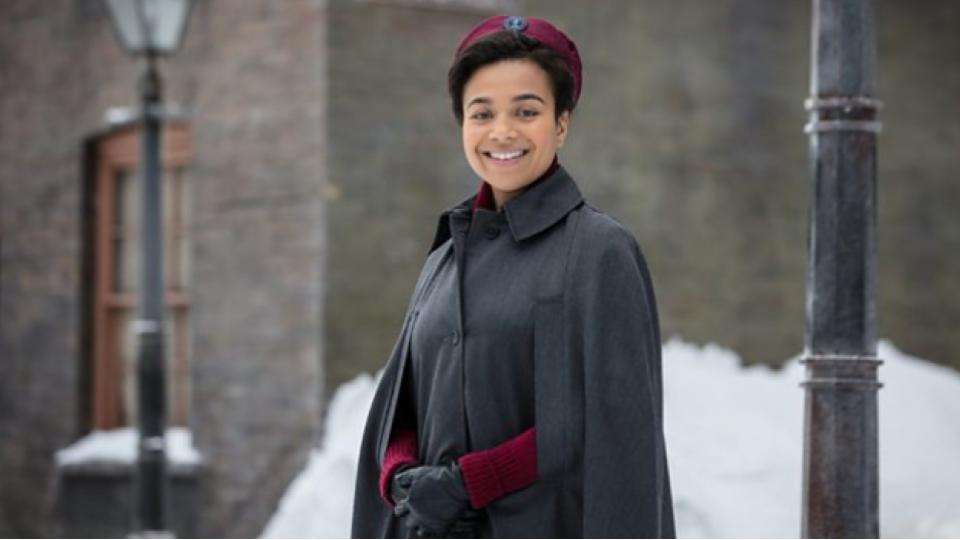
The first month of the new year, as has been the case now since 2012, heralds the start of another new series of the BBC’s flagship and consistently highly rated Sunday night drama of community nursing, midwifery and medicine Call the Midwife . Promos and advance publicity for the seventh series have primed audiences for the introduction to the regularly recurring cast of characters of a nurse of colour, for the first time in its
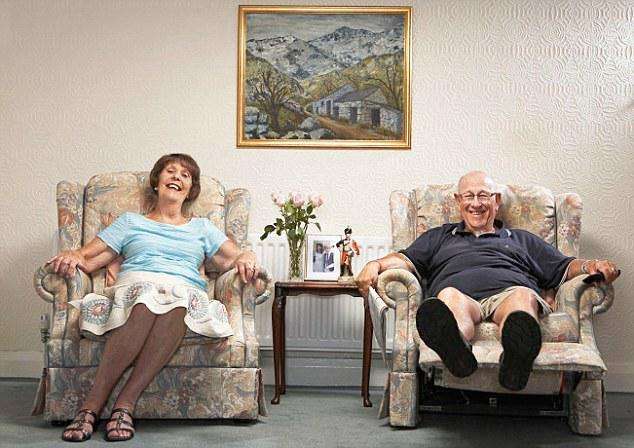
June and Leon Bernicoff, a progressive Liverpool couple married for over 60 years, were never your typical reality TV stars.

Two years ago, CST kindly posted my piece on Christmas television and ‘BBC Christmas Specials’. The blog focused particularly on those programmes here in Britain (but also shown around the world) that had inveigled themselves into being part of the Christmas ritual, and become ‘event’ television for the festive period, and for the BBC in the process.

Thank goodness for W1A (2014-17), the now defunct satire on life at New Broadcasting House first launched in the run-up to the BBC’s traumatic renewal of its Royal Charter (‘Don’t forget it’s a Royal Charter’ declared ‘Head of Values’ in the hour-long special which kicked off W1A ’s second series (BBC2 23.4.2015)). Now that Charter Renewal and all its attendant upheavals are in place, lets hope that the Corporation

How should the BBC make its huge archive public? This is the challenge that faces Peter Rippon, the newly appointed Editor of BBC Online Archive. Appointed a few months after the demise of the unmourned BBC Store in May, this appointment of a senior broadcaster shows a new seriousness of purpose in an area that seemed to be dying of neglect.
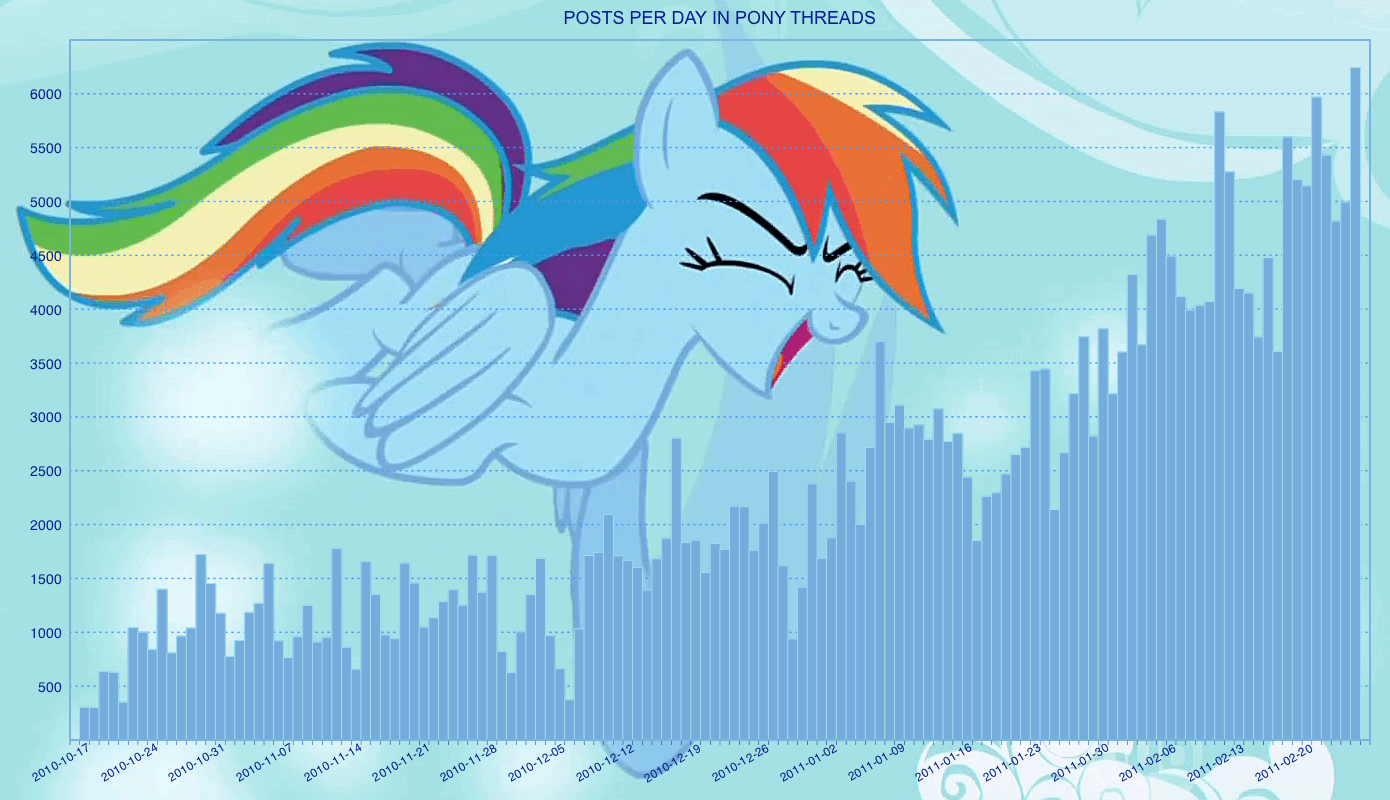
From February 26th to March 1st 2011 a war was fought on the pages of the image sharing website 4chan (“home to numerous boards where anonymous posters discuss everything from anime, to sports, to paranormal activity, to torture porn”[1]). While short-lived, and practically invisible to those not involved with the website, this ‘Pony War’ would […]
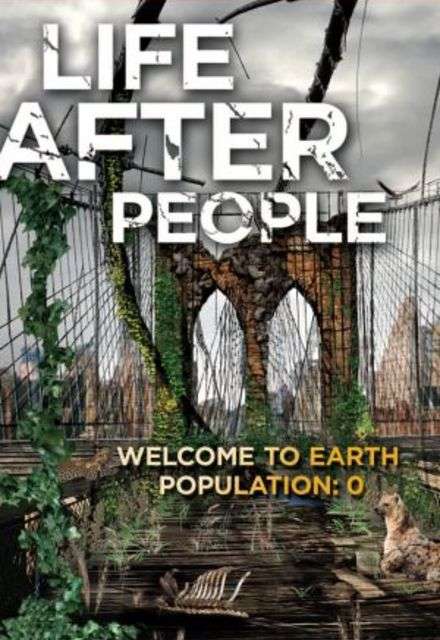
When trying to negotiate the place of the television medium in the age of the Anthropocene, one faces a tripartite complexity underlying the ways in which the two interconnect, co-evolve and produce a history proper to an epoch that purposefully suspends the demarcation of reality and simulation.
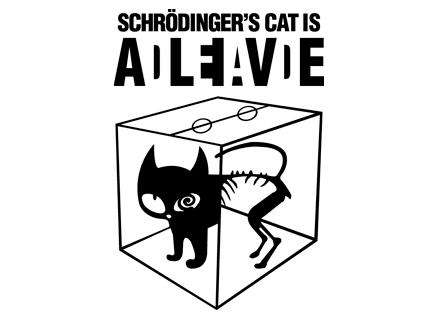
My friend Pat is a big TV fan, and, over the years, he has maintained that, as television episodes go—particularly for those series with some kind of narrative arc—the second-to-last ones are usually better than the finales. For whatever reason, he has repeatedly said, they are the ones with the stronger writing, the more intense drama, the more meaningful action.